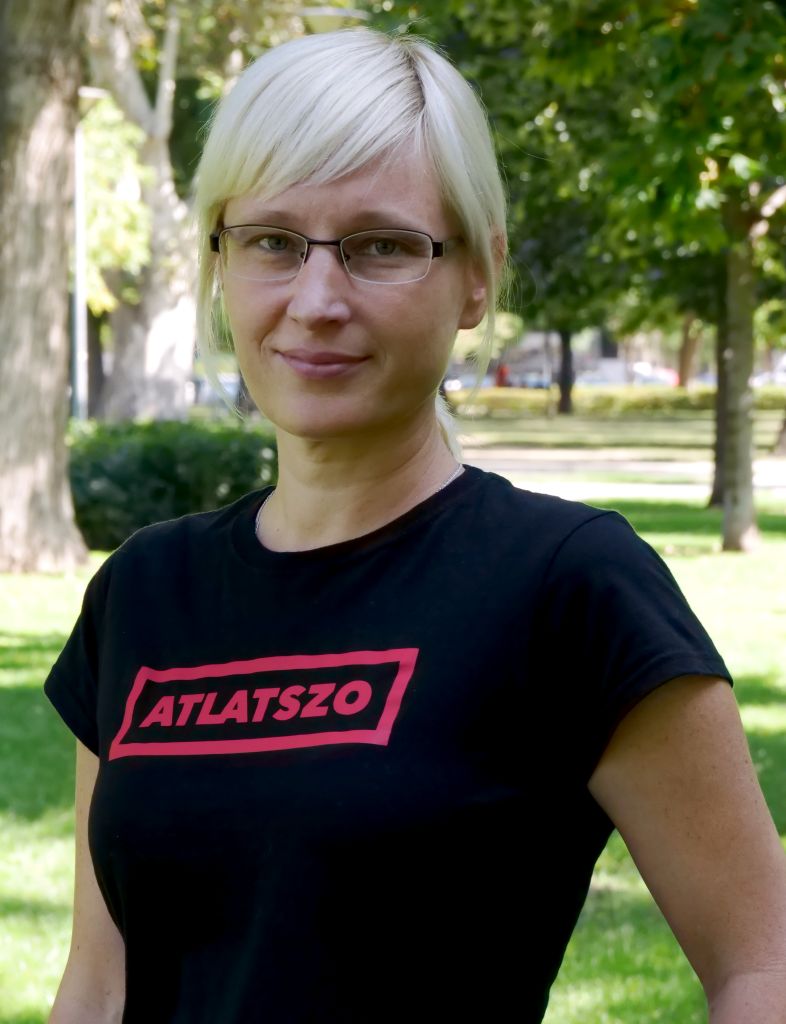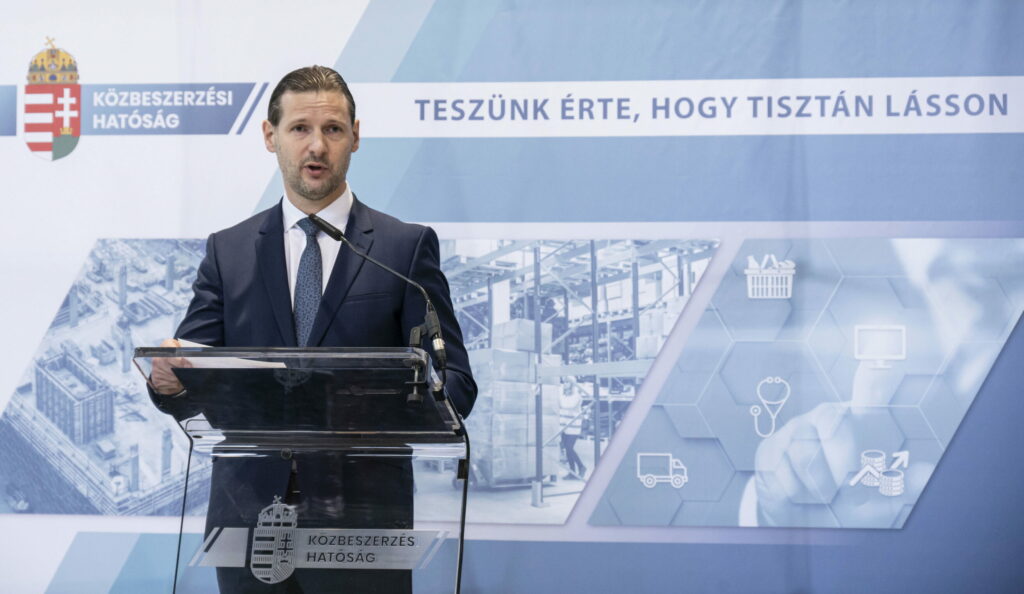The https://english.atlatszo.hu use cookies to track and profile customers such as action tags and pixel tracking on our website to assist our marketing. On our website we use technical, analytical, marketing and preference cookies. These are necessary for our site to work properly and to give us inforamation about how our site is used. See Cookies Policy
The Public Procurement Authority initiated legal proceedings following our case study on systemic corruption
Last autumn, we filed a public interest report after an investigation into hundreds of public procurement contracts revealed familiar patterns and signs of systemic corruption at a company called Tömb 2002 Ltd. The Public Procurement Authority has recently informed us that all the cases we presented have been investigated and more than ten cases have been referred to the Public Procurement Arbitration Board for redress. If our assumptions are correct, it could not only lead to fines for the participants in the biased tenders, but also to exclusion from all public procurement contracts.
Last year, we took public spending control to a new level: with the help of an accredited procurement expert, we carried out an in-depth review of hundreds of public procurement procedures – some of which were analysed at the moment of tendering. This revealed traces of systemic corruption, anti-competitive conditions and cases that led to investigations by the authorities. These included a series of cases involving a construction company, Tömb 2002 Ltd.

For years, the company from Hajdúböszörmény has been winning contracts without counting, and within these, it has participated in a total of 79 restricted procedures, of which it has won 58. This represents an outstanding success rate of 73%. But this was not the only anomaly in the tenders examined.
As we pointed out in our case study last autumn, although they could have chosen from hundreds of companies, the contracting authorities (municipalities, school districts, universities, etc.) always invited the same firms, or at least the range of companies was very similar. And although the estimated value of the projects was mostly unknown, Tömb 2002 Ltd. often hit the mark.
As it turned out, it was precisely this phenomenon that the Public Procurement Authority, for its part, ultimately found most problematic. The Authority examined the public procurement procedures after we had reported the suspected cases of corruption to them (at the same time as our story was published). The following information was received from the Authority recently.
Legal redress procedures have been initiated
As our notification also contained findings (see: unfair market conduct and restriction of competition) which fall within the competence of the Hungarian Competition Authority (GVH), the Public Procurement Authority referred our public interest notification to the GVH. The Authority also drew our attention to the fact that our story had been received by the investigating authority, following a question from a representative, but that the investigating authority had decided to reject the complaint “in the absence of suspicion of criminal offence”.
However, the Public Procurement Authority itself carried out an investigation, which led them to conclude that, in their view, some of the tenders we had reported had also been the subject of a public procurement infringement.
The clearest infringement was that in the case of one of the contracting authorities, the University of Debrecen, the range of companies invited to tender in four of its public procurement procedures was identical, but the Authority informed us that it could not initiate further remedies in these cases because the legal deadline had already expired.
In addition, however, the Authority has carried out an investigation in all the procurement procedures identified in the notification where the winning bid deviated by a negligible amount from the estimated value or the financial coverage available. On the basis of these criteria, the Authority contacted contracting authorities and examined the public procurement procedures concerned by the notification, which resulted in more than 10 cases being referred to the Public Procurement Arbitration Board for review.
Tömb 2002 Ltd. could be excluded
According to a public procurement expert familiar with the case, the Public Procurement Authority is only entitled to investigate public procurement infringements, so in these cases it investigated the notified cases in a fair manner.
Although it is not clear from the Authority’s information what kind of infringement is the subject of the appeal, it can be assumed that a conflict of interest is being sought from the Public Procurement Arbitration Board,
which could have far-reaching consequences for both the tenderer and Tömb 2002 Ltd.
If the Public Procurement Arbitration Board finds a conflict of interest in the public contracts under investigation, all concerned parties could face substantial fines. But what could be a much more serious consequence is, on the one hand, the recovery of EU tender funds; on the other hand, Tömb 2002 Ltd could be excluded from all public procurement contracts for 3 years because of the collusion.
Written and translated by Eszter Katus. Hungarian version of this story can be found here. Cover photo: László Kovács, President of the Public Procurement Authority, speaks at the opening of the Public Procurement Expo 2022 in Millenáris Park, Budapest, 20 September 2022. Credit: MTI/Szigetváry Zsolt

